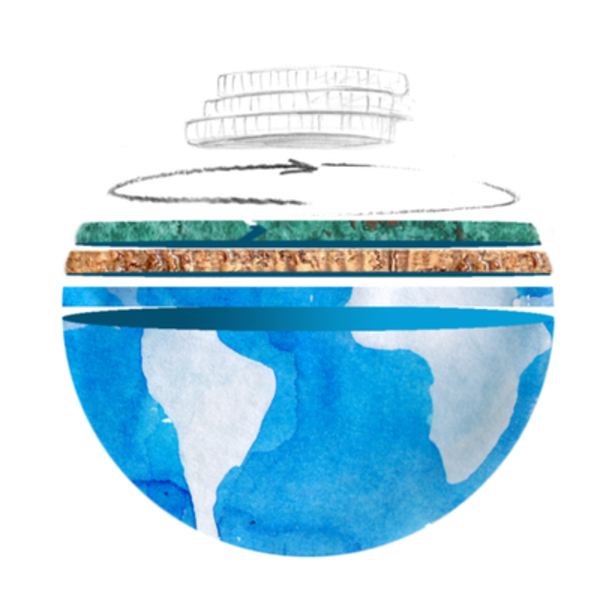Price:
1907 EUR
Contact
Leiden University
Description
Metals are present everywhere around us and are one of the major materials upon which our economies are built. Economic development is deeply coupled with the use of metals. During the 20th century, the variety of metal applications in society grew rapidly. In addition to mass applications such as steel in buildings and aluminium in planes, more and more different metals are in use for innovative technologies such as the use of the speciality metal indium in LCD screens.
A lot of metals will be needed in the future. It will not be easy to provide them. In particular in emerging economies, but also in industrialised countries, the demand for metals is increasing rapidly. Mining and production activities expand, and with that also the environmental consequences of metal production.
In this course, we will explore those consequences and we will also explore options to move towards a more sustainable system of metals production and use. We will focus especially on the options to reach a circular economy for metals: keeping metals in use for a very long time, to avoid having to mine new ones.
This course is based on the reports of the Global Metals Flows Group of the International Resource Panel that is part of UN Environment. An important aspect that will come back each week, are the UN Sustainable Development Goals, the SDGs. Those are ambitious goals to measure our progress towards a more sustainable world. We will use the SDGs as a touching stone for the assessment of the metals challenge, as well as the solutions we present in this course to solve that challenge.
Specific details
Category of Education
Business and Economics







 How to resolve AdBlock issue?
How to resolve AdBlock issue? 


Comments (0)